The Botany of Desire pdf epub mobi txt 电子书 下载 2024
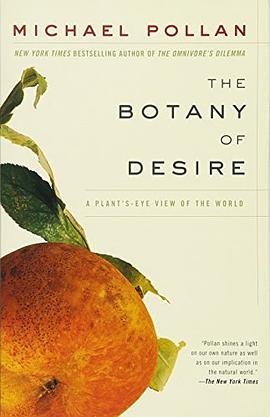
简体网页||繁体网页
图书标签: 植物 科普 自然 botany 美国 哲学 植物之书 food
喜欢 The Botany of Desire 的读者还喜欢
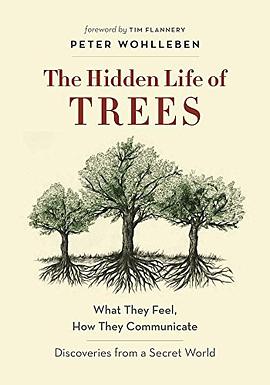 The Hidden Life of Trees pdf epub mobi txt 电子书 下载
The Hidden Life of Trees pdf epub mobi txt 电子书 下载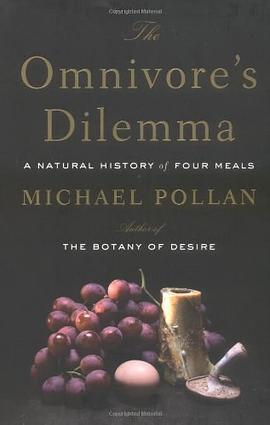 The Omnivore's Dilemma pdf epub mobi txt 电子书 下载
The Omnivore's Dilemma pdf epub mobi txt 电子书 下载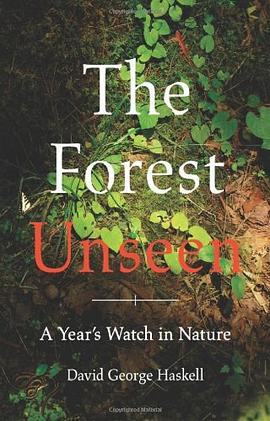 The Forest Unseen pdf epub mobi txt 电子书 下载
The Forest Unseen pdf epub mobi txt 电子书 下载 What a Plant Knows pdf epub mobi txt 电子书 下载
What a Plant Knows pdf epub mobi txt 电子书 下载 In Defense of Food pdf epub mobi txt 电子书 下载
In Defense of Food pdf epub mobi txt 电子书 下载 Walden pdf epub mobi txt 电子书 下载
Walden pdf epub mobi txt 电子书 下载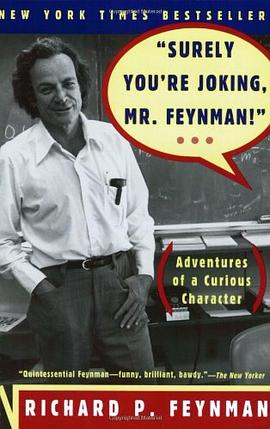 Surely You're Joking, Mr. Feynman! pdf epub mobi txt 电子书 下载
Surely You're Joking, Mr. Feynman! pdf epub mobi txt 电子书 下载 醒来的森林 pdf epub mobi txt 电子书 下载
醒来的森林 pdf epub mobi txt 电子书 下载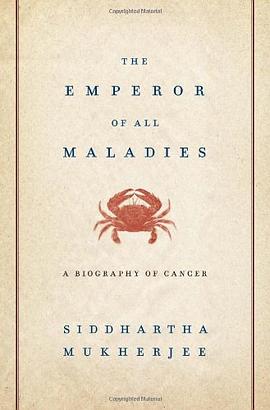 The Emperor of All Maladies pdf epub mobi txt 电子书 下载
The Emperor of All Maladies pdf epub mobi txt 电子书 下载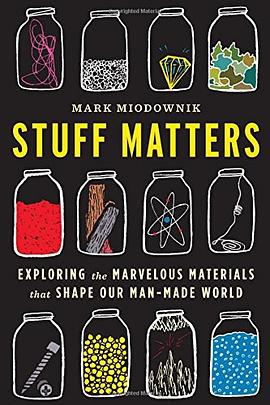 Stuff Matters pdf epub mobi txt 电子书 下载
Stuff Matters pdf epub mobi txt 电子书 下载
点击这里下载
发表于2024-07-30
The Botany of Desire epub 下载 mobi 下载 pdf 下载 txt 电子书 下载 2024
The Botany of Desire epub 下载 mobi 下载 pdf 下载 txt 电子书 下载 2024
The Botany of Desire pdf epub mobi txt 电子书 下载 2024
图书描述
In The Botany of Desire, Michael Pollan argues that the answer lies at the heart of the intimately reciprocal relationship between people and plants. In telling the stories of four familiar plant species that are deeply woven into the fabric of our lives, Pollan illustrates how they evolved to satisfy humankinds’s most basic yearnings — and by doing so made themselves indispensable. For, just as we’ve benefited from these plants, the plants, in the grand co-evolutionary scheme that Pollan evokes so brilliantly, have done well by us. The sweetness of apples, for example, induced the early Americans to spread the species, giving the tree a whole new continent in which to blossom. So who is really domesticating whom?
Weaving fascinating anecdotes and accessible science into gorgeous prose, Pollan takes us on an absorbing journey that will change the way we think about our place in nature.
Amazon.com's Best of 2001
Working in his garden one day, Michael Pollan hit pay dirt in the form of an idea: do plants, he wondered, use humans as much as we use them? While the question is not entirely original, the way Pollan examines this complex coevolution by looking at the natural world from the perspective of plants is unique. The result is a fascinating and engaging look at the true nature of domestication.
In making his point, Pollan focuses on the relationship between humans and four specific plants: apples, tulips, marijuana, and potatoes. He uses the history of John Chapman (Johnny Appleseed) to illustrate how both the apple's sweetness and its role in the production of alcoholic cider made it appealing to settlers moving west, thus greatly expanding the plant's range. He also explains how human manipulation of the plant has weakened it, so that "modern apples require more pesticide than any other food crop." The tulipomania of 17th-century Holland is a backdrop for his examination of the role the tulip's beauty played in wildly influencing human behavior to both the benefit and detriment of the plant (the markings that made the tulip so attractive to the Dutch were actually caused by a virus). His excellent discussion of the potato combines a history of the plant with a prime example of how biotechnology is changing our relationship to nature. As part of his research, Pollan visited the Monsanto company headquarters and planted some of their NewLeaf brand potatoes in his gardenseeds that had been genetically engineered to produce their own insecticide. Though they worked as advertised, he made some startling discoveries, primarily that the NewLeaf plants themselves are registered as a pesticide by the EPA and that federal law prohibits anyone from reaping more than one crop per seed packet. And in a interesting aside, he explains how a global desire for consistently perfect French fries contributes to both damaging monoculture and the genetic engineering necessary to support it.
Pollan has read widely on the subject and elegantly combines literary, historical, philosophical, and scientific references with engaging anecdotes, giving readers much to ponder while weeding their gardens. Shawn Carkonen
著者简介
Michael Pollan is a contributing writer for The New York Times Magazine as well as a contributing editor at Harper’s magazine. He is the author of two prizewinning books: Second Nature: A Gardener’s Education and A Place of My Own: The Education of an Amateur Builder. Pollan lives in Connecticut with his wife and son.
图书目录
The Botany of Desire pdf epub mobi txt 电子书 下载
用户评价
FYS: Evolution of Cheeseburger. Prof. Scott Boback
评分the marijuana chapter is quite interesting,somethin'bout the witch hahah
评分First read of Michael Pollan that made me fall in love with his writing, intellect, and humanity. It is a little gem of non-friction writing that helps you see the world from a different angle.
评分First read of Michael Pollan that made me fall in love with his writing, intellect, and humanity. It is a little gem of non-friction writing that helps you see the world from a different angle.
评分虽然有点话痨(作家通病嘛?),但是还是蛮有趣的。虽然四章节各有千秋,但最后一部分真的是精华啊~果然克服了作者的唠叨病才能坚持见到压轴大戏!
读后感
否则以王毅教授“辽宁师范大学文学院教授、副院长、文艺学教研室主任、硕士研究生导师、辽宁省美学学会副会长”这样高级的身份,翻译出下述如此磕碜的句子来,辽宁师大文学院未免也太寒碜了。 瓦维洛夫最终成为斯大林对遗传学大批判的牺牲品,于1943年在列宁格勒的一个监狱里...
评分一个农业工作者的远方 第一部分:书评 终于他妈的读完了,在离我们的生物化学课结束还有5分钟的时候。本书的最后一个部分,我们的主角,一个叫做“卖壳儿·破锣”老头,被一个邪恶土豆打败了,被打得落花流水,神志不清,其幕后黑手是邪恶的孟山都!我擦!下课铃响了,我...
评分否则以王毅教授“辽宁师范大学文学院教授、副院长、文艺学教研室主任、硕士研究生导师、辽宁省美学学会副会长”这样高级的身份,翻译出下述如此磕碜的句子来,辽宁师大文学院未免也太寒碜了。 瓦维洛夫最终成为斯大林对遗传学大批判的牺牲品,于1943年在列宁格勒的一个监狱里...
评分先看这样一段话:“安德鲁韦尔把大麻描绘为一种‘活跃的安慰剂’,他认为大麻本身并没有创造而是触发了那种我们确定为‘高潮’的精神状态。这同样的精神状态,如果减去由麻醉品自身所带来的‘生理学上的喧闹’外,也能够由其他的方式来触发,比如冥思或者是有氧运动。” 我...
评分《植物的欲望》这本书的副标题是植物眼中的世界,我还是愿意把这本书理解为关于四种植物的文化简史,只是,我这样的命名会对该书的销售造成毁灭性的影响。因为它不是像封面所暗示的那样一本枯燥读物,而是读来趣味盎然的书。 我最爱讲述苹果的这一章节,讲的是十九世纪初叶,...
The Botany of Desire pdf epub mobi txt 电子书 下载 2024
分享链接
相关图书
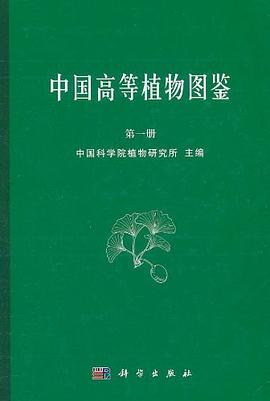 中国高等植物图鉴 第一册 (1972) pdf epub mobi txt 电子书 下载
中国高等植物图鉴 第一册 (1972) pdf epub mobi txt 电子书 下载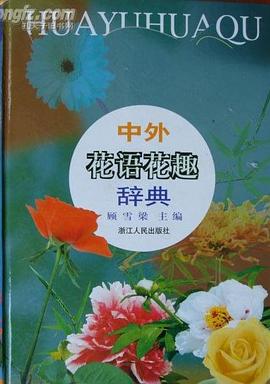 中外花语花趣辞典 pdf epub mobi txt 电子书 下载
中外花语花趣辞典 pdf epub mobi txt 电子书 下载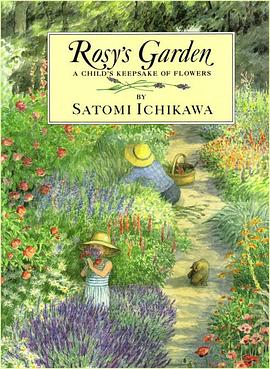 Rosy's Garden pdf epub mobi txt 电子书 下载
Rosy's Garden pdf epub mobi txt 电子书 下载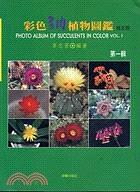 彩色多肉植物圖鑑(第一輯) pdf epub mobi txt 电子书 下载
彩色多肉植物圖鑑(第一輯) pdf epub mobi txt 电子书 下载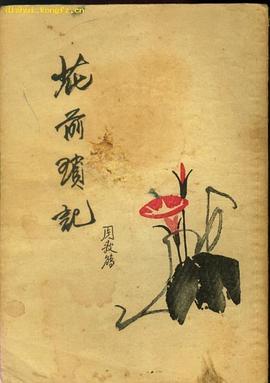 花前琐记 pdf epub mobi txt 电子书 下载
花前琐记 pdf epub mobi txt 电子书 下载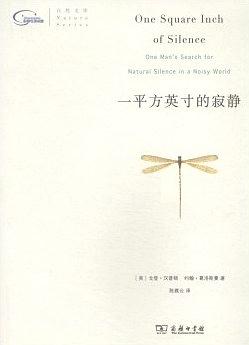 一平方英寸的寂静 pdf epub mobi txt 电子书 下载
一平方英寸的寂静 pdf epub mobi txt 电子书 下载 草木有本心:诗经植物札记 pdf epub mobi txt 电子书 下载
草木有本心:诗经植物札记 pdf epub mobi txt 电子书 下载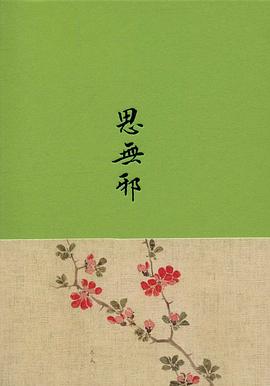 思无邪 pdf epub mobi txt 电子书 下载
思无邪 pdf epub mobi txt 电子书 下载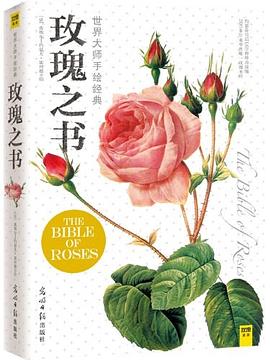 玫瑰之书 pdf epub mobi txt 电子书 下载
玫瑰之书 pdf epub mobi txt 电子书 下载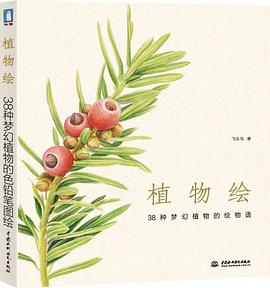 植物绘 pdf epub mobi txt 电子书 下载
植物绘 pdf epub mobi txt 电子书 下载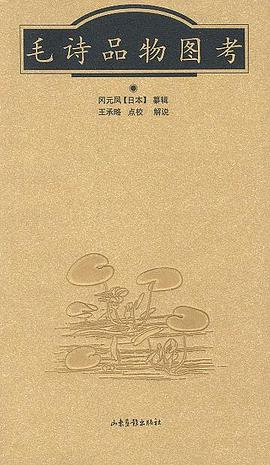 毛诗品物图考 pdf epub mobi txt 电子书 下载
毛诗品物图考 pdf epub mobi txt 电子书 下载 懒人98盆栽 pdf epub mobi txt 电子书 下载
懒人98盆栽 pdf epub mobi txt 电子书 下载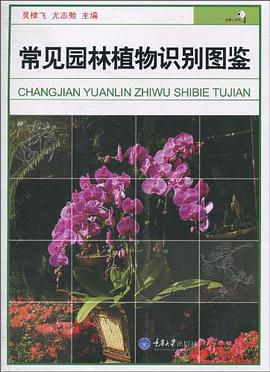 常见园林植物识别图鉴 pdf epub mobi txt 电子书 下载
常见园林植物识别图鉴 pdf epub mobi txt 电子书 下载 植物学(下册) pdf epub mobi txt 电子书 下载
植物学(下册) pdf epub mobi txt 电子书 下载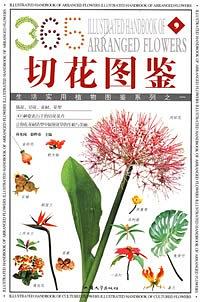 插花植材 pdf epub mobi txt 电子书 下载
插花植材 pdf epub mobi txt 电子书 下载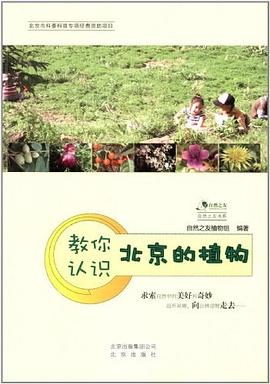 自然之友书系:教你认识北京的植物 pdf epub mobi txt 电子书 下载
自然之友书系:教你认识北京的植物 pdf epub mobi txt 电子书 下载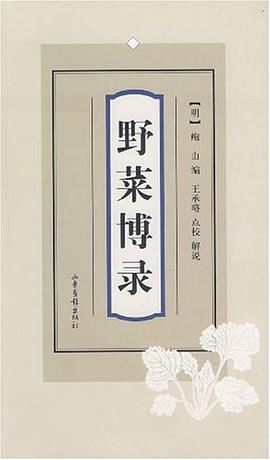 野菜博录 pdf epub mobi txt 电子书 下载
野菜博录 pdf epub mobi txt 电子书 下载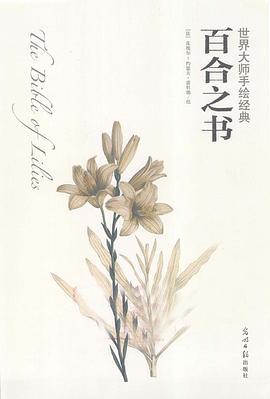 百合之书-世界大师手绘经典 pdf epub mobi txt 电子书 下载
百合之书-世界大师手绘经典 pdf epub mobi txt 电子书 下载 看不见的森林:林中自然笔记(珍藏本) pdf epub mobi txt 电子书 下载
看不见的森林:林中自然笔记(珍藏本) pdf epub mobi txt 电子书 下载 DK园艺智慧 pdf epub mobi txt 电子书 下载
DK园艺智慧 pdf epub mobi txt 电子书 下载



